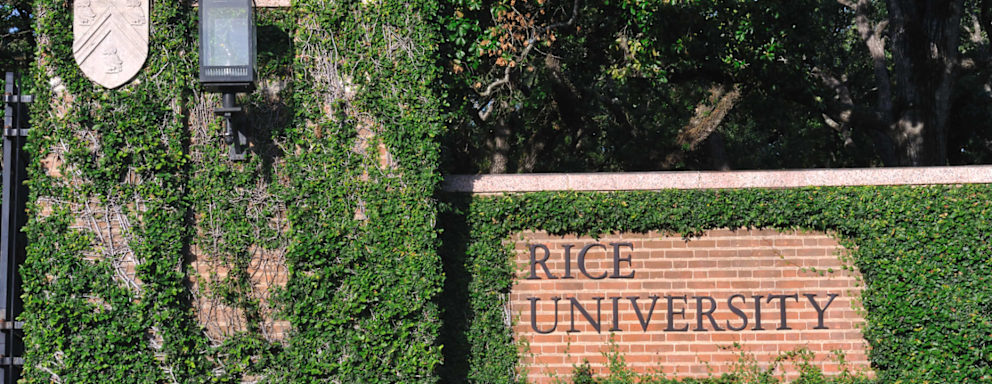Emory, Rice Settle in ‘568 Cartel’ Price-Fixing Case
 Credit: Image Credit: aimintang / iStock Unreleased / Getty Images
Credit: Image Credit: aimintang / iStock Unreleased / Getty Images- Emory and Rice became the latest universities to settle in the “568 Cartel” case.
- The suit alleges 17 elite universities conspired to fix prices and limit financial aid awards.
- It also contends these institutions strayed from need-blind admissions practices and favored wealthy donors.
Emory University and Rice University are the latest defendants to settle claims in an antitrust suit alleging price-fixing among 17 elite universities.
Last year, the University of Chicago became the first institution to settle, followed by Vanderbilt University.
That leaves 13 universities from the now defunct “568 Presidents Group” still contesting a case that threatens to expose admissions tactics and preferential treatment for wealthy donors.
Universities Accused of Price-Fixing, Favoring Donors
The class-action suit — Henry et. al. vs. Brown University et. al., filed in 2022 — alleges 17 elite private colleges are in violation of the Sherman Antitrust Act because they failed to uphold a commitment to need-blind admissions as required by Section 568 of the Improving America’s Schools Act of 1994.
This congressional sanction, which expired in September 2022, allowed colleges to formulate common approaches to awarding need-based financial aid — provided they strictly adhered to need-blind admissions.
Remaining defendants include Brown University, the California Institute of Technology, Columbia University, Cornell University, Dartmouth College, Duke University, Georgetown University, Johns Hopkins University, the Massachusetts Institute of Technology, Northwestern University, the University of Notre Dame, the University of Pennsylvania, and Yale University.
The claim contends these universities conspired to artificially reduce financial aid awards and increase the net cost of attendance through the use of a consensus methodology for determining aid. Since 2004, more than 200,000 students have paid higher tuition and incurred larger debt absent competition among these institutions, the suit alleges.
Moreover, these colleges strayed from their need-blind commitment by favoring wealthy families in some admissions decisions, claims the lawsuit. They considered the financial need of students on the waitlist, engaged in enrollment management practices to secure full-pay students, and wooed kids of donors or potential donors.
Last fall, lawyers for the plaintiffs claimed Vanderbilt was eager to admit the children of its wealthiest donors, even if some were not up to Vanderbilt’s exacting standards.
Rice Pays Millions to Settle Case
Details of the settlements are sketchy, though Rice’s financial statement for fiscal years 2022 and 2023 notes a settlement amount of $33.75 million, agreed upon last October.
A month earlier, Emory settled for an undisclosed amount, as detailed in its own financial statement.
As part of its settlement, UChicago agreed to pay $13.5 million, while Vanderbilt offered to provide a “long-form settlement agreement” to close its case.
Any monetary decision could benefit all plaintiffs in this case. The UChicago documents made clear that alumni and students involved in the suit would be notified of the financial ramifications of any settlements.
Meanwhile, the remaining defendants maneuver through various stages of discovery with the threat of having highly sensitive and revealing admissions secrets exposed. It’s likely more will settle in the months to come.